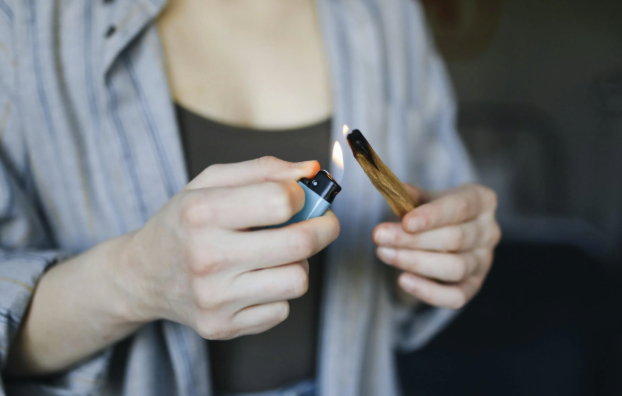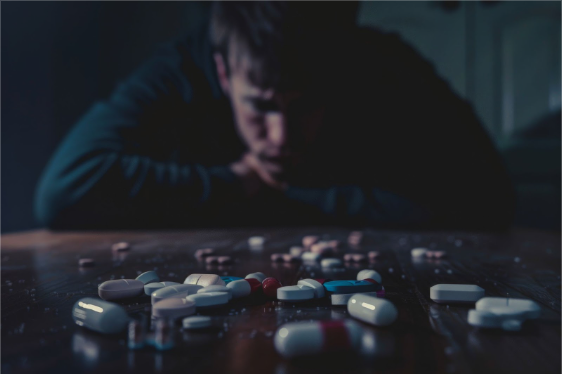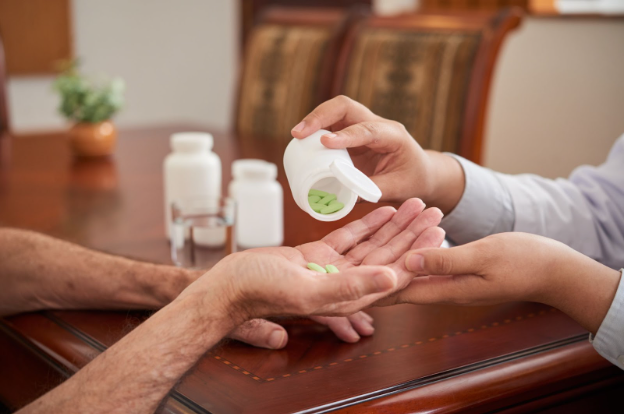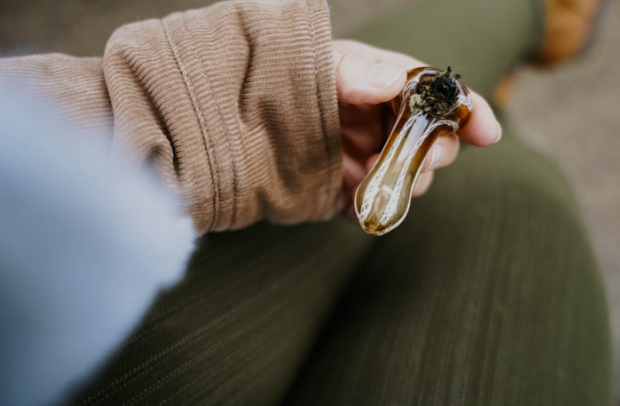
Mental wellness has become an essential part of everyday life. As more people recognize the importance of emotional balance, psychological resilience, and healthy coping mechanisms, conversations around psychotherapy, substance abuse treatment, and access to a qualified psychiatrist in Sierra Vista Trailer Park, San Diego County, CA continue to grow. Mental health support is no longer […]
Read More







